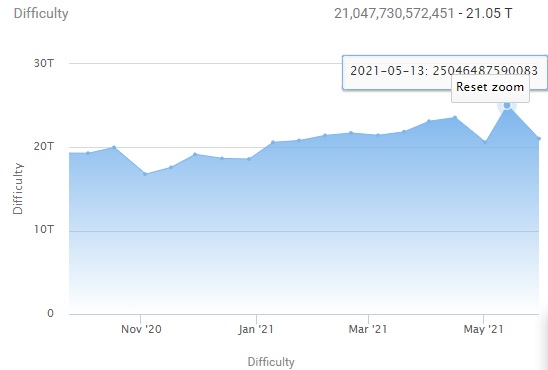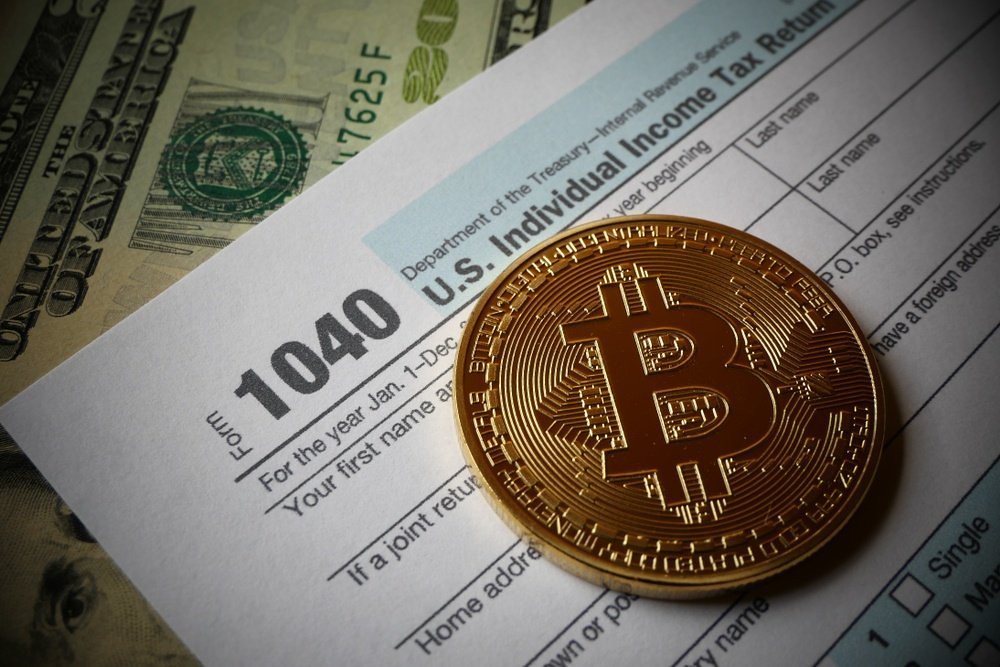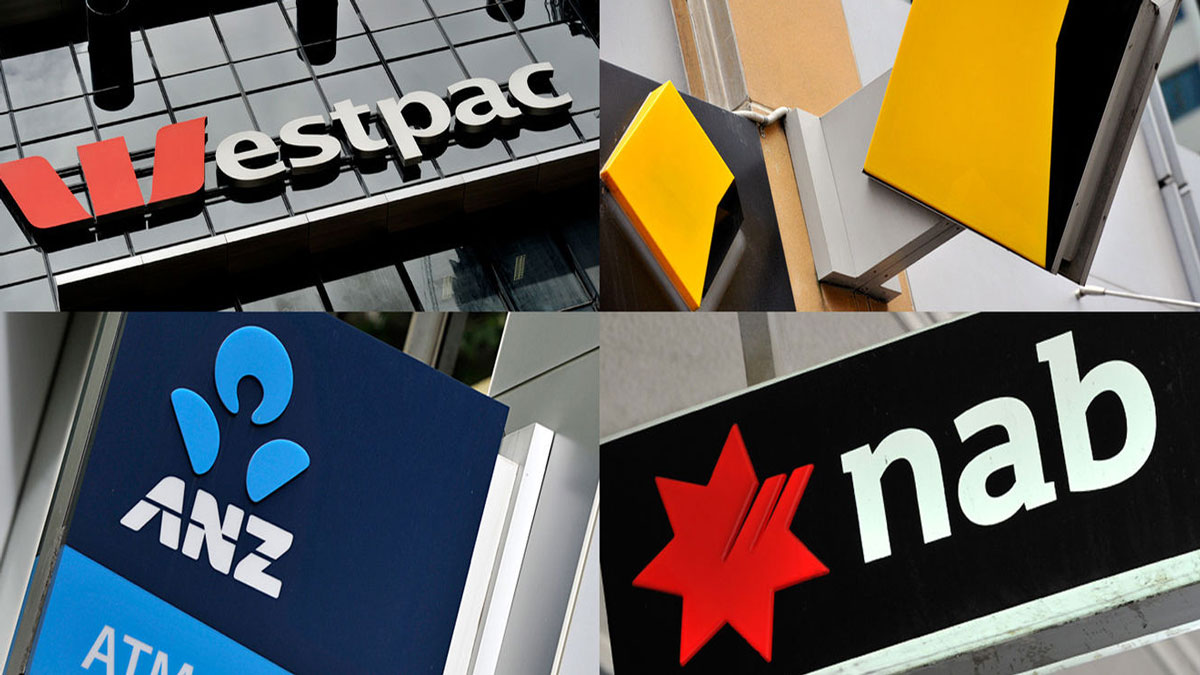HDFC Bank, India’s largest private-sector banking institution, has told its customers to ignore its recent warning against transacting with digital currency. This comes after the Reserve Bank of India clarified its regulatory stance on cryptocurrency, setting aside the circular which prevented Indian banks from dealing with cryptocurrencies.
Indian Banks are Opening to Cryptocurrency
As recently as May 28, HDFC reiterated its warning about customers dealing with cryptocurrencies. In an email sent to Rinku Saini, an Indian cryptocurrency investor, the bank cited the RBI 2018 circular, which authorises them to closely monitor transactions and exercise due diligence on any account dealing with “virtual currencies”.
However, the HDFC Bank has informed its customers to ignore the warning against dealing with cryptocurrency, following the RBI’s recent statement regarding the invalidity of the 2018 circular, which most banks, including HDFC, have been acting upon.
RBI Confirms Indian Banks Can Serve Crypto Users
On the heels of the escalating warning against crypto by HDFC and other banks, including the State Bank of India (SBI), the central bank of India clarified its stance on cryptocurrency, stating the 2018 circular had already been rendered invalid by last year’s Supreme Court ruling.
In view of the order of the Hon’ble Supreme Court, the circular is no longer valid from the date of the Supreme Court judgment, and therefore cannot be cited or quoted from.
RBI statement
Despite the Supreme Court judgment, many Indian banks were still acting in accordance with the circular.
However, the clarification on RBI’s stance is a step in the right direction, and will gradually change how the Indian population of 1.4 billion view cryptocurrencies. Expect to see an upsurge in crypto-related activities from the country in coming months or years.












